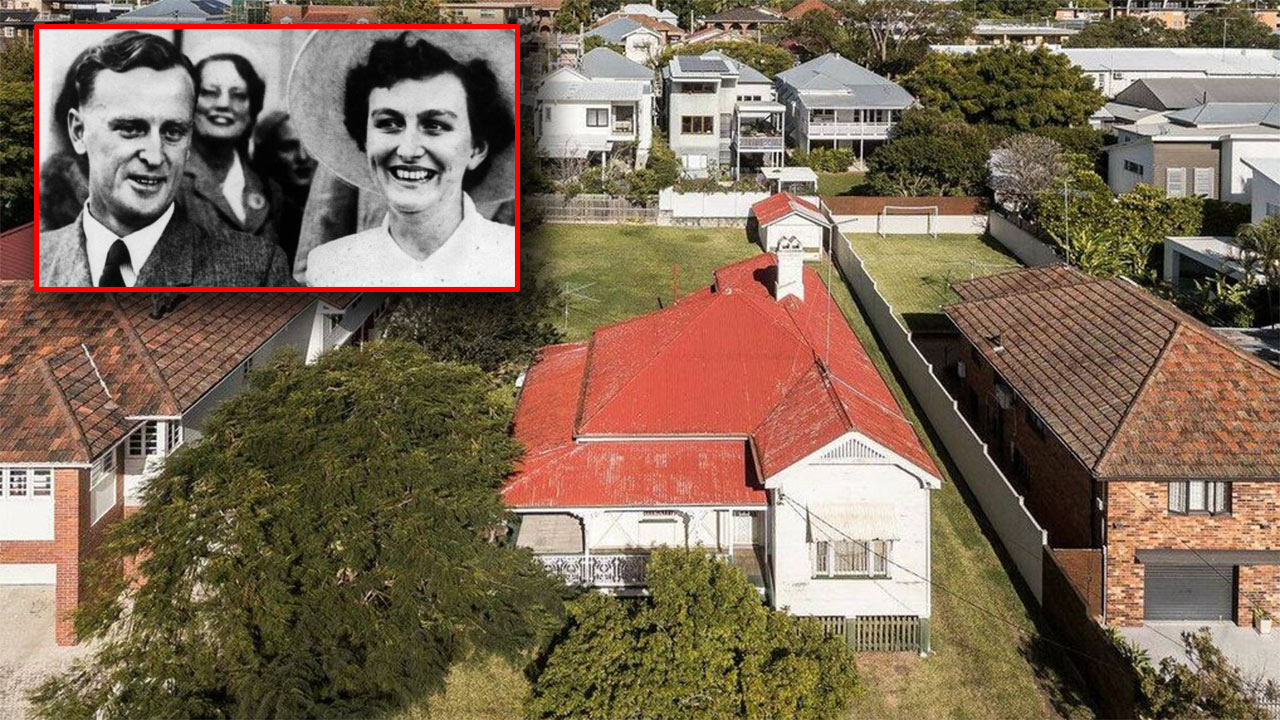When it comes to buying a home, there is a lot of pre-planning involved – from keeping an eye on the property market to diligently saving for a healthy deposit.
While you may have found your perfect home and are already planning where your furniture will go, there are a few vital things you should consider before you put an offer on a house.
In order to make sure you’re in the best position to make a winning offer, here are four steps you need to take.
Know what you can afford
Working out how much you can borrow by speaking to a broker or lender is an important first step when you begin your home-buying process.
You may also be eligible for home loan pre-approval based on a lender or broker’s assessment of your financial situation.
Knowing your borrowing power can help you determine the type of property you can afford, potentially putting you ahead of other buyers.
Know how much it’s worth
After you’ve inspected the property you want, deciding how much to offer can be a tricky balancing act.
To help make a better informed decision, you can always check the estimated value of the property, as well as the latest auction results in your area.
Knowing roughly how much the property is worth can help you decide on a reasonable offer, and give you an indication of the price the vendor would be willing to accept.
Know what you’re getting
Even some of the most experienced fixer-uppers avoid properties with severe property damage, with some damage being hidden below surface level.
In order to know the state of the house you’re looking to buy, it’s worth arranging a pre-purchase inspection report before you make an offer.
A building and pest report is compiled by a building professional who inspects the property and looks for structural damage or deterioration such as cracking, leaks or rising damp, as well as pest infestations such as mice or termites.
Understanding the condition of the property can not only help you avoid making an expensive mistake, but it can also help you decide how much to offer.
Know the neighbourhood
When inspecting a property, it’s important to look at the bigger picture.
Doing research on the area can be very informative when making the ultimate decision on where you should live.
Researching the zoning of your property can also affect renovation plans, along with notifying you of any upcoming developments.
During your inspection, don’t forget to look out for phone blackspots, street noise and traffic. It’s also worth taking note of the contour of the street and water drainage points, as well as trees on and around the boundaries of your property, as these may affect the property should flooding, fires or other extreme weather events occur.
Image credits: Getty Images












